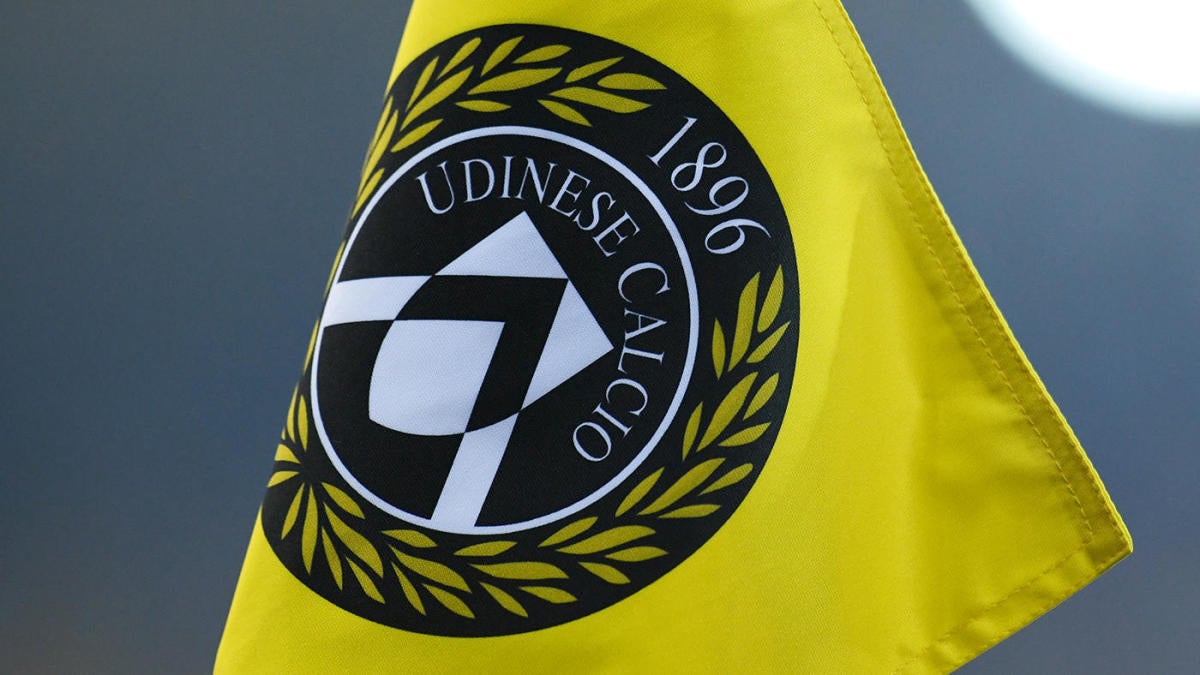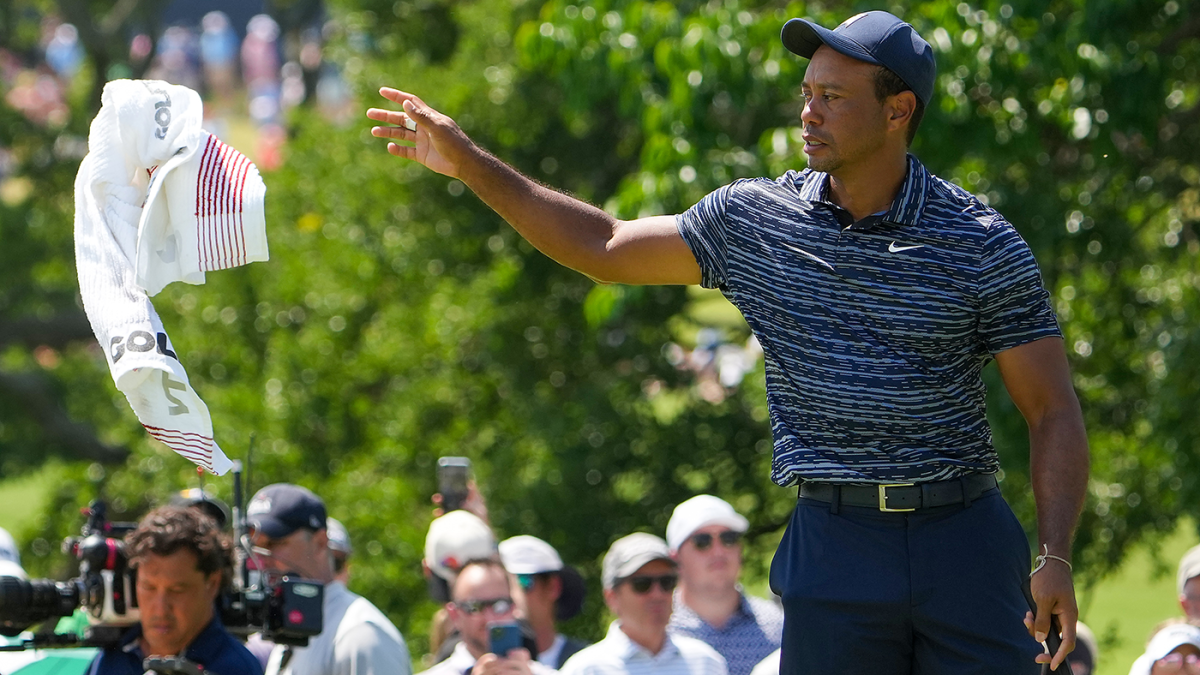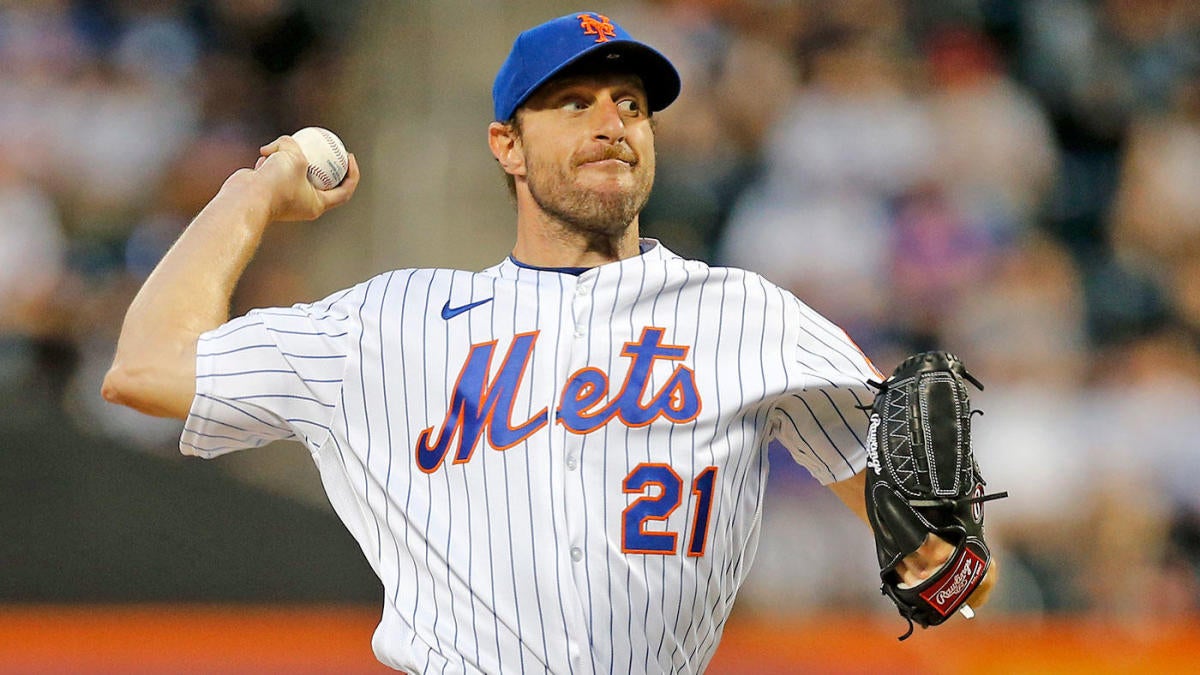From Beto to Simone Pafundi: How Udinese hunt for talent in the midst of next-gen era of soccer scouting
Written by ABC AUDIO ALL RIGHTS RESERVED on May 20, 2022

There is an infinite list of young talents discovered by Udinese in the past decade or so. Alexis Sanchez, Rodrigo de Paul or Samir Handanovic are just a few of the names that come to mind. Udinese built a scouting system over the years that made them an elite European club when it comes to discovering talent around the globe. However, something seems to have changed recently.
When modern technology completely overturned the way scouts and the clubs operate, Udinese had to find a way to adapt. There were a few reasons as to why they were considered as one of the bests in the past. Not only did they have a knack for identifying talent, but they also established a revolutionary system that made them the quickest club to find new players. Behind the scenes in Udine, they created their own secret scouting platform and had a room with more than 20 televisions where they could watch players from all over the world. They were able to capitalize off of a market inefficiency.
Then, everything changed when things became readily available to anyone in the public, regardless of whether they were involved in the sport or not. These days, platforms such as Wyscout are able to provide to the clubs and sport directors data and video footage of basically every single player around the globe. With the advent of this new system of work, Udinese found the way to stay at the top and still being considered one of the best European clubs to find new talents. So, how did they do it? I sat down with head of scouting Andrea Carnevale and technical director Pierpaolo Marino to discuss what they’ve done in the past years and how the impact of the technology in this world has changed their way of working to find new talent.
“A lot of things have changed. Twenty years ago we had our own platform that today sadly doesn’t exist anymore after the advent of the new platforms,” Carnevale told CBS Sports. “Our own system was the advantage over the others and we could cope that financially we were not as the big teams around Europe.
“The timing was and is key. We want to get these talents before our competitors. The fact that all these players are now accessible to basically all the teams in the world made us lose the advantage we had before. For sure, this change has destabilized us a bit, but it also made us stronger and we are still the best team when it comes to discovering talent around the world.
“We didn’t change so much our way of working. We still go around the world to watch the players we follow and I have a great team of former players that know really well how to do this job. Udinese are always on point and present in all the most important competitions around the globe. Considering the economical difference between us and City, PSG, Real Madrid and all the top teams, I think we are doing great. When I go around, especially outside Italy, they tell me that we are everywhere. This makes me happy. It means that are doing the things in the right way.”
“We usually have a two-to-three-year project for every player,” Marino added as he explained how Udinese work with the young players in the pipeline. “Then it can happen that things change in a positive or a negative way, but there is always a strategy for the talents that arrive here. Our strategy is clear, be first and anticipate our competitors also through good relations with other clubs and agents. Also, we want players that don’t have to be crucial for us in their first year, they need time to grow. The first year they need to be in competition with the starter and then potentially become crucial for us in their second year. With this mindset we give them time to grow.”
Although technology has leveled the playing field to a certain extent, Marino believes these days “it’s easier to find the talent” but tougher to be the first one to unearth it.
“Before the advent of technology, the sporting director had two scouts and that was it,” said the 67-year-old Marino, who has been involved in Italian football, either as a manager, chief executive officer or technical director for nearly 40 years. “When I was at Napoli in the ’80s, I was the one going to watch players in person. Today, everything is different. There are different areas of the management, there are scouts, the platforms. The race now is to be first, not to find the players.”
Carnevale, for instance, is a fan of combining the new and the old ways of scouting. “We kept our way of working also because the new platforms can be tricky and can only help in some aspects,” he said. “I prefer to watch the players with my eyes. For example, the other day we went to watch the game of a player we followed, but it was disappointing. While the platform was telling us one thing, when you go there live you see the pre-match training and all the characteristics. You need to rely on many aspects, not just on what the data says. We didn’t adapt, we kept our way of working. Our president Gino Pozzo has a clear strategy: Find players when they are mostly unknown, as it happened with [Nahuel] Molina recently.”
Udinese, who end their season Sunday against Salernitana (3 p.m. ET | Paramount+) are set for another mid-table finish in Serie A — they have finished between 12th and 14th in each of the past six seasons — but they still have a good stable of players that can potentially develop into future world-class stars. Beto, their 24-year-old striker who arrived on the very last day of the 2021 summer transfer window for approximately 10 million euros, is a prime example. In his first Serie A season, he found the back of the net 11 times in 28 matches after arriving from Portuguese side Portimonense. He turned plenty of heads and particularly impressed Carnevale.
“Beto used to play as amateur until a few years ago,” said Carnevale, “I watched two matches of him last year when he was playing for Portimonense against Benfica and Porto, and you could see his potential. The center backs couldn’t contain him. He had the qualities we were looking for. We were also able to wait during the negotiations and he arrived on the last day of transfer market last year.”
Beto is not the only notable example, as Marino was quick to point out 19-year-old Destiny Udogie (on loan from Verona) and 20-year-old central midfielder Lazar Samardzic out of Germany, along with Spanish veteran Gerard Deulofeu.
“Udogie came here as a young talent and he anticipated the plan and he’s already a starter for us,” Marino added, “there was no point on playing [Jens] Stryger Larsen on the left with him. We want to keep him at least for another year, but then, of course, in the world of transfers there is nothing sure.
“I think it’s very strange that Gerard Deulofeu is here with us. He’s a top club player. He has incredible qualities and for us is a kind of luxury. The big teams don’t sleep and I’m afraid he won’t stay here for a long time. Let’s see what happens in the summer.
“Samardzic is a golden boy, this is how I call him. The only thing that he’s missing is the continuity, but he has all the characteristics he needs to become a great player in the future. We needed to work on him physically with our staff. I think next season can be key for his future.”
And Udinese is not done. There is a hidden gem that many experts and prognosticators consider a future talent of Italian soccer. The name to remember is Simone Pafundi, who was born in 2006 and recently signed his first professional contract. Pafundi has drawn comparisons to a prolific Italian goalscoring legend from the ’80s and ’90s out of Marino. “He’s like three years ahead, this tells you a lot about his potential,” Marino said. “I think we can compare him with Roberto Baggio for some of his abilities, but also for the way he scores and plays. We need to be careful so he shouldn’t betray us. He just signed his first professional contract and we have a project to treat him like our talent for the future. I know that the national team is already studying him. My friend Gabriele Gravina, the FA president, sometimes asks me about his development.”
Finding young, talented players before they hit the limelight can sometimes be a difficult mission, but what’s even trickier for Marino is reaching agreements with agents these days. “What stresses me most about the transfer market are the talks and discussions with agents and intermediaries, but let me mention my friend Mino Raiola, who sadly just passed away. He was incredible. The last deal I did with him was for our current goalkeeper [Marco] Silvestri last summer,” said Marino. “He’s a friend of mine since when he brought Bryan Roy to Foggia in 1992. He was that kind of person that could send you a $300 perfume at home for no reason, just because he wanted to send you a gift. He was very nice really. He as a fantastic person but also a very difficult ‘opponent’ during the deals. While you were arguing about something, he could make a joke and completely change the atmosphere in the room. Maybe with this way of working I conceded him more than what I really wanted to, but that was him. I miss him.”
Despite pointing out plenty of players on the current roster, the most satisfying discovery for Carnevale was someone that has already been crowned a champion in Italy, just not with Udinese.
“Samir Handanovic, the current Inter Milan goalkeeper. I saw him for the first time when he played with the third division national team against Italy’s No. 1. He conceded three goals and made no saves at all, but I liked him physically and for the style of play. I spoke to the president and I told him the truth. He came to Udine for a trial and after one week we signed him, I was sure about his abilities.”
Carnevale and his scouting team don’t ever seem to miss.
The post From Beto to Simone Pafundi: How Udinese hunt for talent in the midst of next-gen era of soccer scouting first appeared on CBS Sports.



